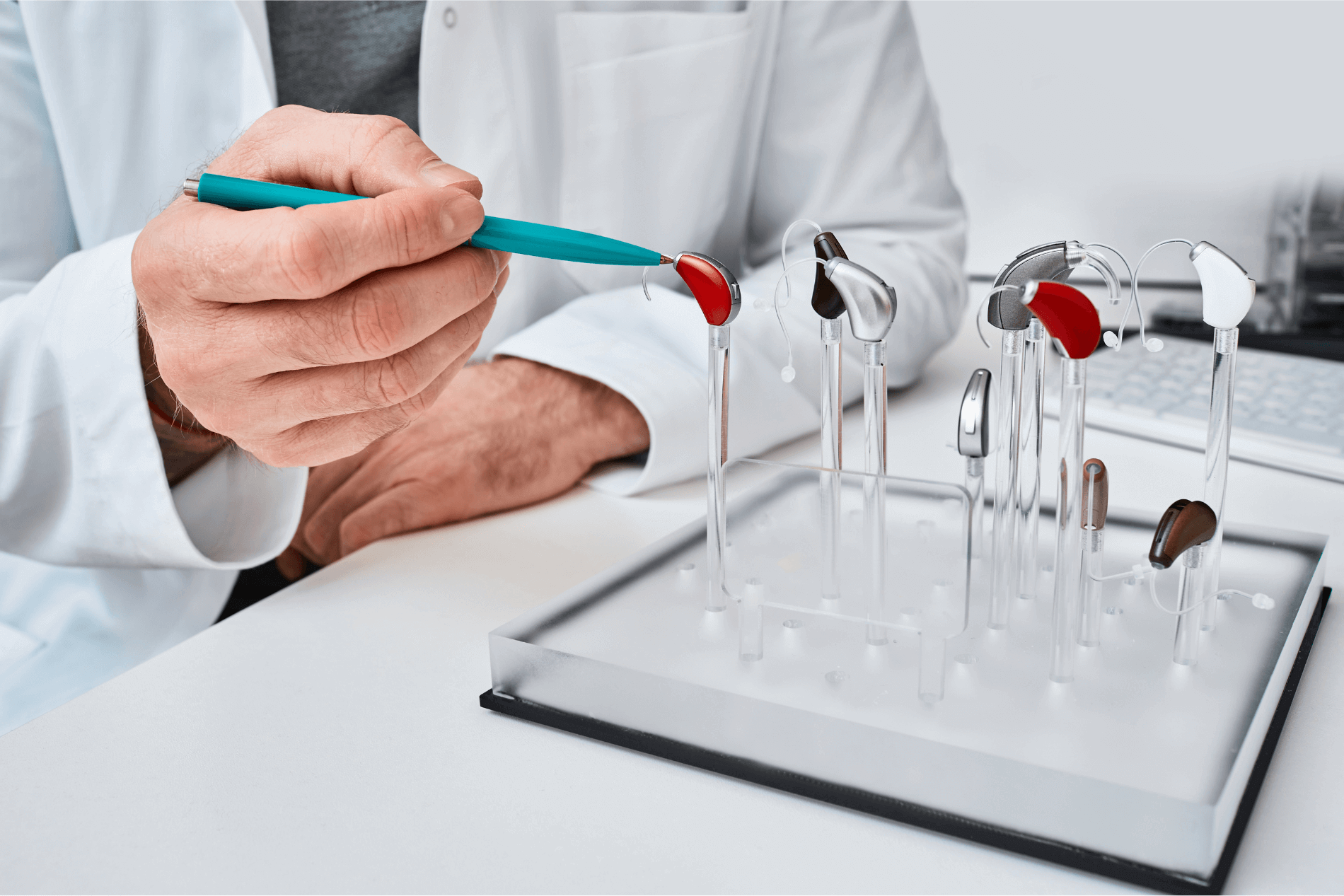
Coping with hearing loss as you get older can be trying. It’s difficult to even face up to the reality of your hearing loss, and once you’ve accepted it, it can be hard to understand. You suddenly have to take in a lot of information and make a decision about how to best compensate for your hearing loss.
Once you have had your hearing tested, you can talk to your hearing health professional for advice about devices that will help you to hear.
You will have heard of hearing aids, but you might also have heard of personal sound amplifiers. But what are they, and are they equally effective and more affordable?
Hearing Aids
In spite of the great variety of types, designs and technical features, hearing aids can all be described as small, wearable electronic devices which enable a person to hear sounds better and understand speech more clearly, providing an overall improvement in communication ability. The technology in a hearing aid is much more advanced than in a personal sound amplifier, which is why they are more expensive. But they are a very wise investment because they are specifically for your individual hearing loss. On the other hand, compensating for hearing loss isn’t the primary purpose of a sound amplifier.
Personal Sound Amplifier
You believe your hearing is still pretty good, but you just need a boost sometimes? Electronic devices called personal sound amplification products, or PSAPs offer many of the benefits of hearing aids at a fraction of the cost. As the name suggests, PSAPs amplify sounds but do not address other components of hearing loss, such the particular range of hearing loss that is individual to each person with hearing loss. While they are more affordable than hearing aids they are not an equivalent. While PSAPs are becoming more advanced they still have not been approved as a medical device by the Food and Drug Administration. They are classified as wearable electronic products for only occasional, recreational use by consumers who are not hearing impaired.
People wear a personal sound amplifier in or on the ear. It amplifies sound so that you can watch TV quietly or perhaps hear children sleeping in the next room. They work by picking up noises with a microphone and amplifying the sound into your ear. They can be quite convenient for hearing noises no one would ordinarily be able to hear. Their intention is to give someone without hearing loss a kind of superpower of hearing, rather than make up for hearing loss.
Hearing Aids or Personal Sound Amplifiers?
When many people with hearing loss first realize the extreme financial investment of hearing aids people often look into personal sound amplifiers instead because they are a cheap alternative. The FDA released guidance in 2009 stating that personal sound amplifiers are not intended for use by people with hearing loss. The problem with using PSAPs instead of hearing aids is they amplify everything instead of just the ranges that an individual struggles to hear. Some struggle with higher pitched ranges with others struggle with lower ones. Despite warnings from the FDA, people with mild hearing loss do sometimes choose to use PSAPs. If you are using PSAPs instead of a set of personalized hearing aids you risk injuring your hearing worse than before because they amplify everything, not just the sounds you need hearing aids to compensate for.
Finding the best hearing aids for you
The reason personal sound amplifiers attract many people is that they can be bought over the counter for low prices when compared to hearing aids. If you choose price over quality you risk serious blows to your hearing, your health and the quality of your life. PSAPs won’t get you a device tailored to your needs.
Hearing Aid Associates
If you want to make sure that you get the most out of your hearing aids, make sure you contact us at Hearing Aid Associates. We can give you a hearing test and make sure you have a listening device that can actually treat your hearing needs as efficiently as possible. Contact us today to learn more.

What Is Sudden Hearing Loss and What Does it Mean?
Matthew Favinger, M.S., F-AAA

Having a Good Time at Weddings With Hearing Loss
Matthew Favinger, M.S., F-AAA

